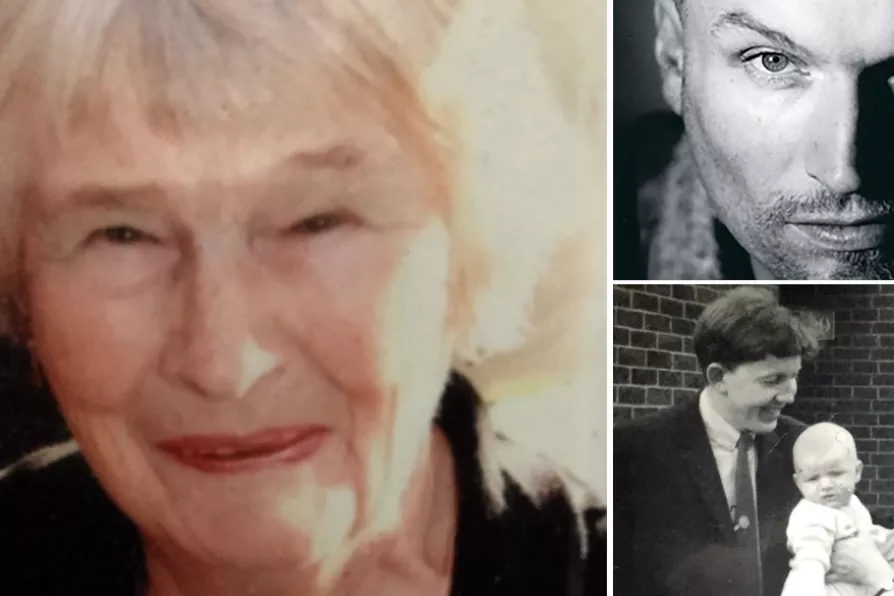GORDON PARSONS applauds a marvellous story of human ingenuity and youthful determination, well served by a large and talented company

 (L to R) Angela Ravenhill in 2005; (top right) Mark Ravenhill; (Bottom right) Ravenhill as a baby in 1967 with his mother Angela and his father Ted
[(L to R) Mark Ravenhill; shootget-treasurerepeat; Mark Ravenhill]
(L to R) Angela Ravenhill in 2005; (top right) Mark Ravenhill; (Bottom right) Ravenhill as a baby in 1967 with his mother Angela and his father Ted
[(L to R) Mark Ravenhill; shootget-treasurerepeat; Mark Ravenhill]
THEATRE remains in crisis. Some have maintained an online presence through streamed and distanced productions but most have remained closed for over a year.
Even when the Luftwaffe was carpet-bombing London, intrepid theatregoers embodied the “blitz spirit” by attending productions frequently interrupted by air-raid sirens. But that threat — albeit severe — was from without and easy to identify. Now, invisible, it is among us.
When I spoke to playwright Mark Ravenhill, whose new production Angela has just been launched as a radio drama, he pointed out that the last time venues in the capital were shut for such a long time was in 1665, when the Great Plague was tearing through the city.

GORDON PARSONS is disappointed by an unsubtle production of this comedy of upper middle class infidelity












